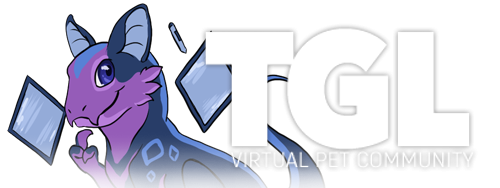Something I have always wondered was how to build a sustainable economy on a game. Something that wouldn't need too much maintenance to keep it balanced, but wasn't ridiculously hard or easy to get by.
The reason I ask is because I used to play a few games where the economy started out so everything was super expensive, hard to obtain and took a while to build a savings for buying new things, but after a year or so, it was heavily inflated. Nothing had value and the game dev added in a money sink in the way of high-value pets that had already gotten a huge number of points (the game's way of training pets added points). That worked for only a few months because the boosted pets just shot their owner's income way high because they would always win shows (there by making a fast return on the buyer's investment) and before the pet would retire from being too old, the player that bought it was able to afford buying two more to take its place from showing the pet and selling breedings to it. And then, any offspring from the show-monster pet would show ridiculously well, making even more money. Rinse and repeat, essentially...
What are some ways you guys balance your economies or what methods have you seen in other games that you thought worked well?
What are some problems you see in failing economies that should be avoided?
Any tips or pointers are appreciated.
The reason I ask is because I used to play a few games where the economy started out so everything was super expensive, hard to obtain and took a while to build a savings for buying new things, but after a year or so, it was heavily inflated. Nothing had value and the game dev added in a money sink in the way of high-value pets that had already gotten a huge number of points (the game's way of training pets added points). That worked for only a few months because the boosted pets just shot their owner's income way high because they would always win shows (there by making a fast return on the buyer's investment) and before the pet would retire from being too old, the player that bought it was able to afford buying two more to take its place from showing the pet and selling breedings to it. And then, any offspring from the show-monster pet would show ridiculously well, making even more money. Rinse and repeat, essentially...
What are some ways you guys balance your economies or what methods have you seen in other games that you thought worked well?
What are some problems you see in failing economies that should be avoided?
Any tips or pointers are appreciated.
